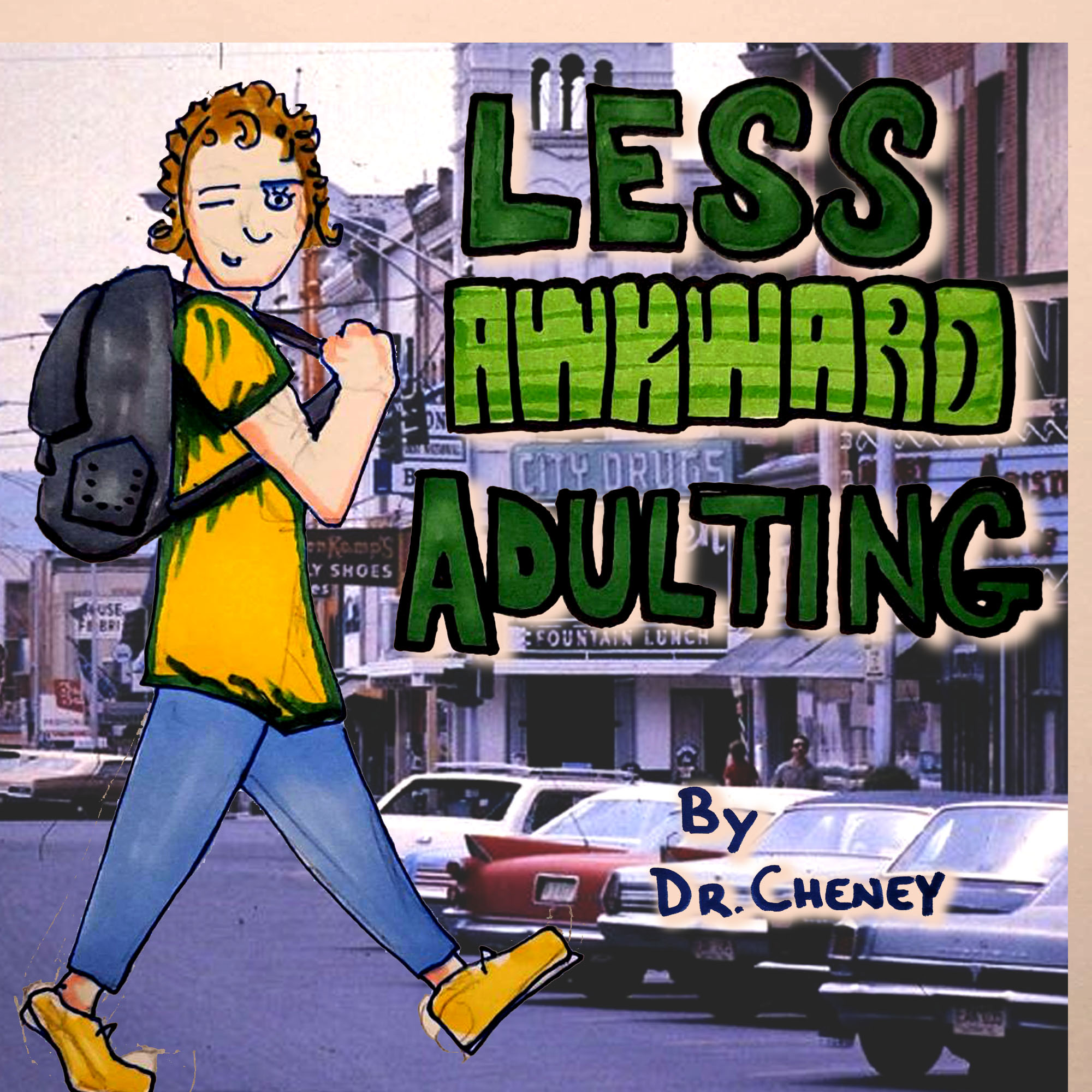

Less Awkward Adulting
By Ammon Cheney, Psy.D.
Published April 5, 2024
As a mental health therapist at Utah Valley University, I frequently find myself validating that the experiences students are wrestling with are to be expected during the phase of life known as emerging adulthood. I often observe that many students experience similar trials. That does not mean your trials are easy. Emerging adulthood is an extremely complex stage of life and some students find it helpful to hear that they are not alone in their distress and confusion.
In a seminar I attended recently, the presenters proposed an imaginary situation wherein parents, knowing how dangerous vehicles can be, shielded their child from any exposure to vehicles. Only when the child was at an age to get a driver’s permit did they say, “Alright, let’s get you in a car and teach you to drive.” The presenters were specifically discussing preparing kids for social media use without opting for total abstinence; however, I have been considering how much of the “adulting” experience comes as a total shock for many emerging adults. Lack of exposure to certain events, environments and relationships is not always due to helicopter parenting (parent who is over involved in a child’s life) or snow-plow parenting (parent who removes obstacles from a child’s path); sometimes we just don’t know what we don’t know.
Regardless of parental efforts and adequacy of independence training during childhood and adolescence, as an emerging adult you will face medical/mental health concerns, trauma, financial struggles, relationship situations, environments, and academic difficulties that will be new to you. Learning to navigate unfamiliar situations is awkward, and it doesn’t help that your peers are awkwardly navigating their own new situations, which may be similar or very different from what you experience. You might feel like since your peers aren’t having a similar struggle adjusting to a specific trial that there is something wrong with you. It can be helpful to appreciate your unique experience without comparing yourself to others. For your consideration, here are some tips to assist you in appreciating and facing your unique challenges.
- Appreciate your stress. Stress, to a certain point, helps us perform at our best. If you are stressed you must value something about the situation. It is extremely important that you have aspects of life that you value. We do not want stress free lives, even if we recognize that our stress is excessive, we can appreciate that we do not want stress entirely eliminated.
- Adopt a practice of deep breathing or mediation. You might choose to form a personal statement such as “Inhale love for my values. Exhale tension.” With each breath you can observe what is happening in your body.
- Connect with someone. Rather than compare yourself to others in your imagination, seek out a trusted mentor and ask them how they dealt with the trial you are facing. Family and friends that know you best are good places to start. UVU also employs or partners with several resources that might guide you toward finding a mentor; consider offices such as the Money Success Center, the Reflection Center, Trula Campus, Crisis therapists, Academic Advisors, or the Office of Academic Standards.
- Reciprocate. Recognize relationships where your experiences are valuable and supportive to others. One of the big changes emerging adults face is changing from children who seek nurturing to becoming adults who form healthy relationships where they balance receiving and providing nurturing.
- Consider group therapy. Student Health Services offers several general process groups and themed groups every semester. These are fantastic settings for airing your difficulties and feeling some common ground with your peers. Trained therapists are there to facilitate thoughtful and safe growth through interpersonal connections.
In closing, it is my hope that you take a moment to appreciate that in your most difficult moments you are likely doing better than you think, stress, frustration, sadness, and all.

